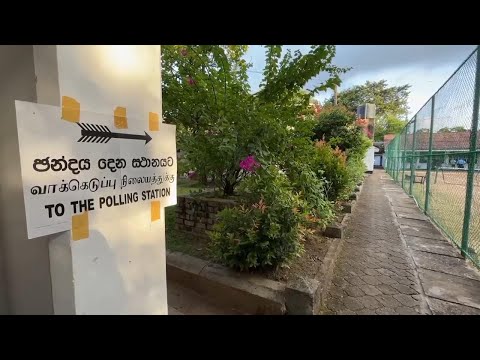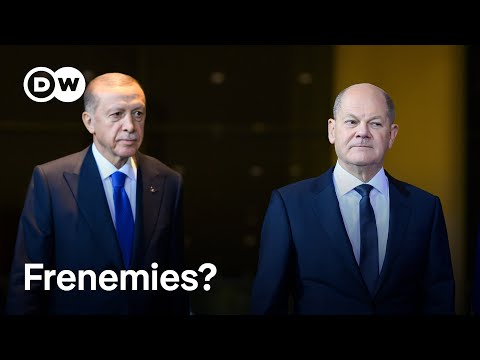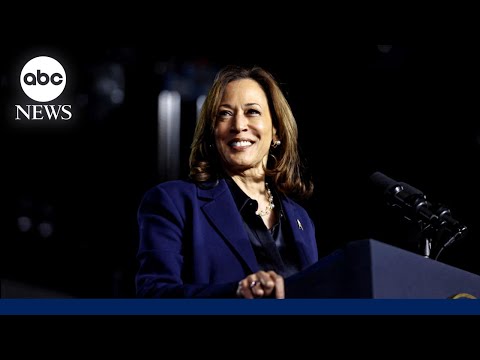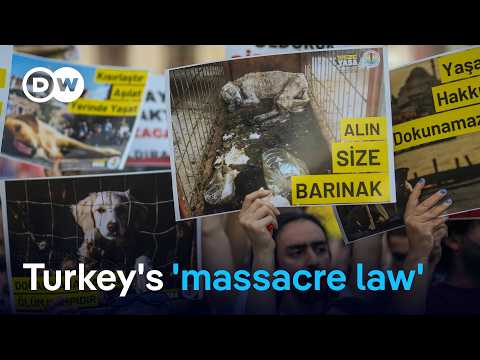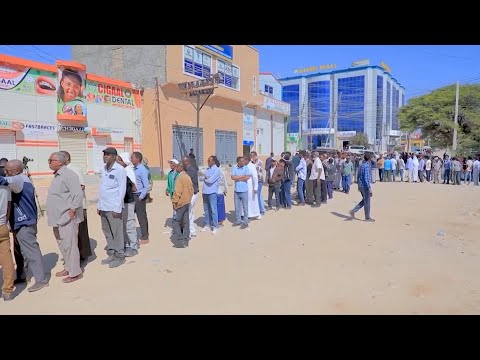(21 Sep 2024)
RESTRICTION SUMMARY:
ASSOCIATED PRESS
Colombo, Sri Lanka – 21 September 2024
1. Various of voters walking to polling station
2. Sign reading (English): “To the polling station”
3. Police officers outside polling station
4. Wide of voters, officers outside
5. SOUNDBITE (English) Visaka Dissanayake, voter:
“(Vote) for a strong government, strong leader, who will set the path for economic recovery. We have now come out of a very difficult situation. So, I hope the economic recovery will continue, and also to have law and order and peace and harmony in the country.”
6. Voters outside polling station
STORYLINE:
Sri Lankans began voting Saturday in a presidential election that will determine the course of the country’s recovery from its worst economic crisis and resulting political upheaval.
The election, contested by 38 candidates, is largely a three-way race among incumbent liberal President Ranil Wickremesinghe, Marxist-leaning lawmaker Anura Kumara Dissanayake, and opposition leader Sajith Premadasa.
There are 17 million eligible voters, and final results are expected Sunday.
The results will show whether Sri Lankans approve of Wickremesinghe’s leadership over the country’s fragile recovery, including restructuring its debt under an International Monetary Fund program after it defaulted in 2022.
The government announced Thursday that it passed the final hurdle in debt restructuring by reaching an agreement in principle with private bond holders.
Sri Lanka’s local and foreign debt totaled $83 billion at the time it defaulted, and the government says it has now restructured more than $17 billion.
Despite a significant improvement in key economic figures, Sri Lankans are struggling under high taxes and living costs.
Both Premadasa and Dissanayake say they will renegotiate the IMF deal to make austerity measures more bearable.
Wickremesinghe has warned that any move to alter the basics of the agreement could delay the release of a fourth tranche of nearly $3 billion in assistance pledged by the IMF that’s crucial to maintaining stability.
Sri Lanka’s economic crisis resulted largely from excessive borrowing on projects that did not generate revenue.
The impact of the COVID-19 pandemic and the government’s insistence on using scarce foreign reserves to prop up the currency, the rupee, contributed to the economy’s free fall.
The economic collapse brought a severe shortage of essentials such as medicine, food, cooking gas and fuel, with people spending days waiting in line to obtain them.
It led to rioting in which protesters took over key buildings including the president’s house, his office and the prime minister’s office, forcing then-President Gotabaya Rajapaksa to flee the country and resign.
AP video shot by Rishi Lekhi
===========================================================
Clients are reminded to adhere to all listed restrictions and to check the terms of their licence agreements. For further assistance, please contact the AP Archive on: Tel +44(0)2074827482 Email: info@aparchive.com.
Find out more about AP Archive: http://www.aparchive.com/HowWeWork
Twitter: https://twitter.com/AP_Archive
Facebook: https://www.facebook.com/APArchives
Instagram: https://www.instagram.com/APNews/
You can license this story through AP Archive: http://www.aparchive.com/metadata/youtube/4ac4fd015c6f414090a1d13f2131f1c6
Author: AP Archive
Go to Source
News post in September 26, 2024, 6:04 am.
Visit Our Sponsor’s:
News Post In – News

